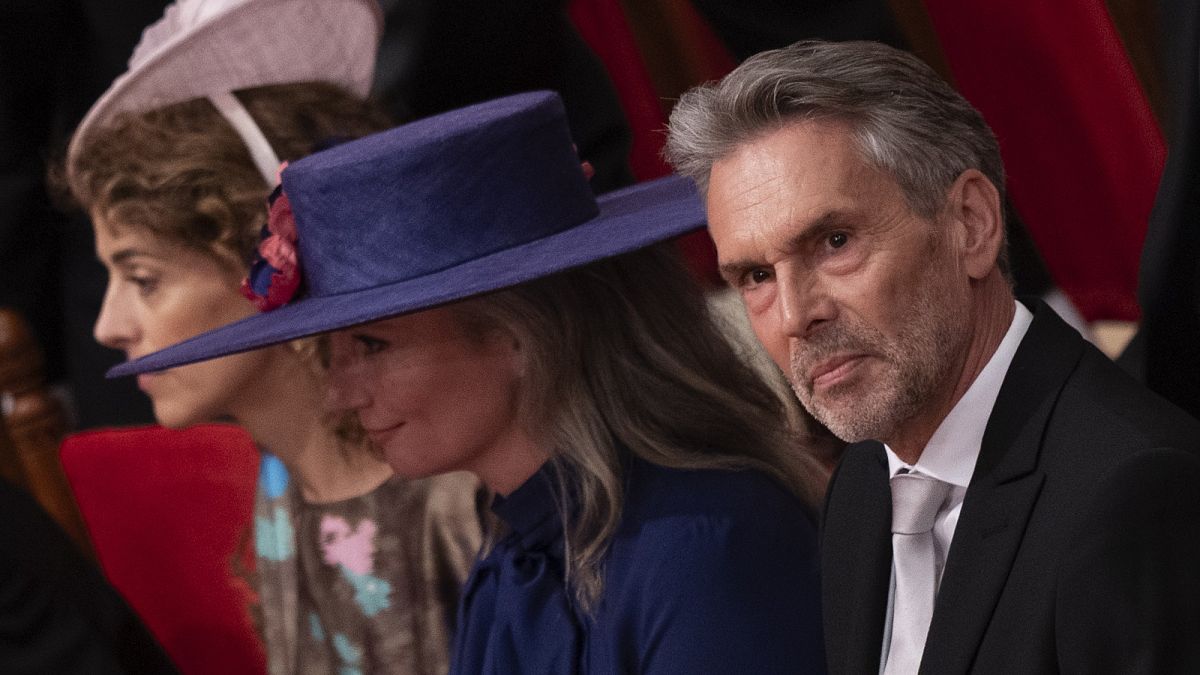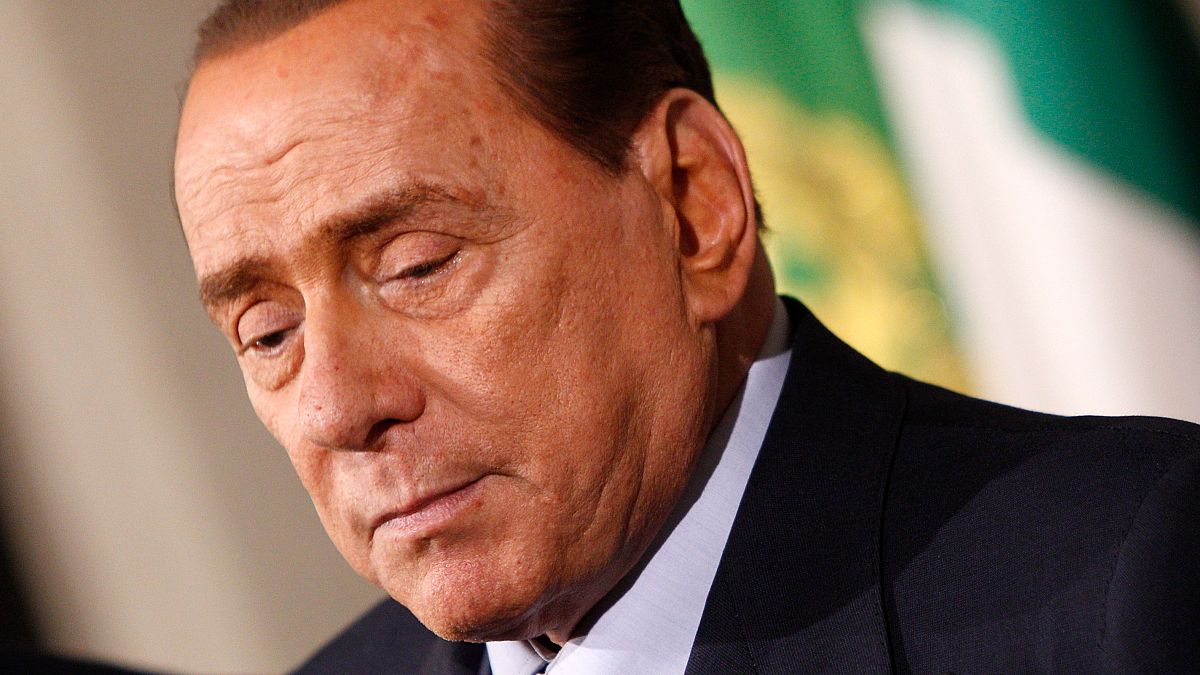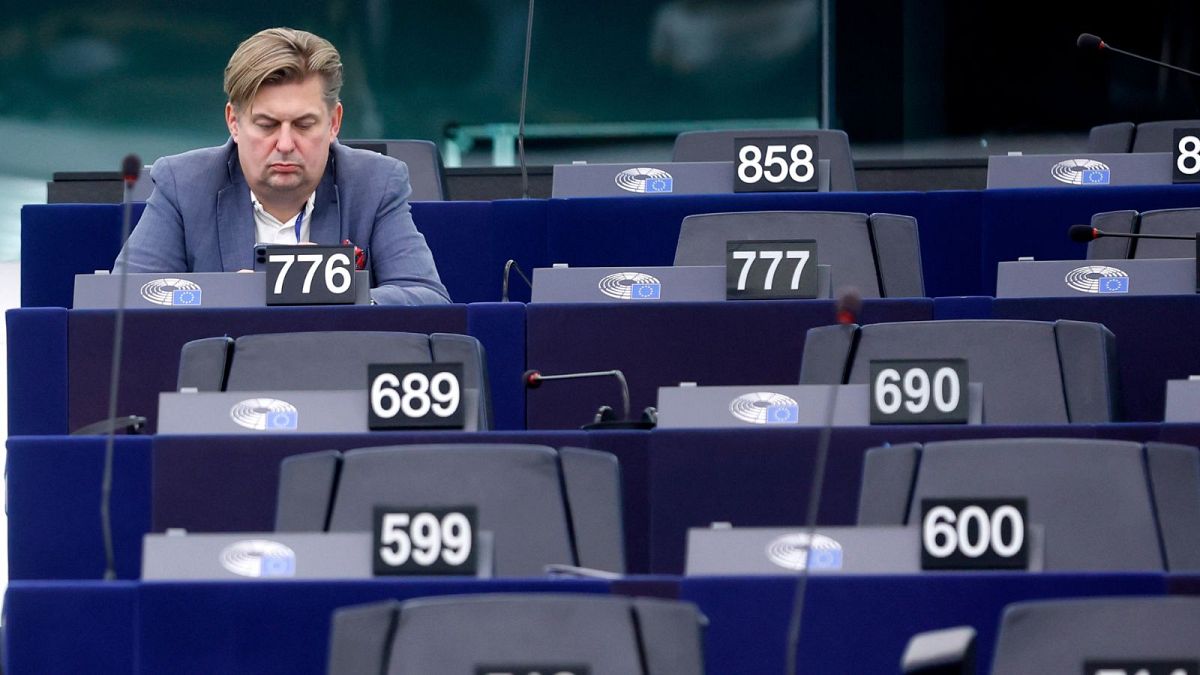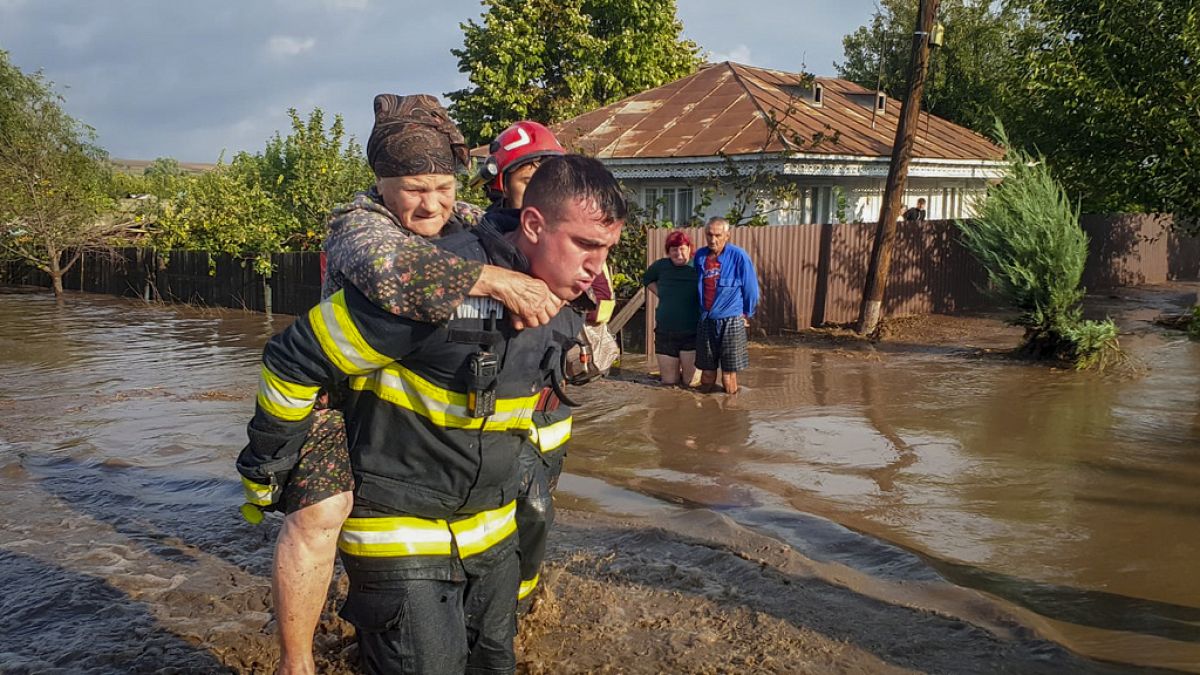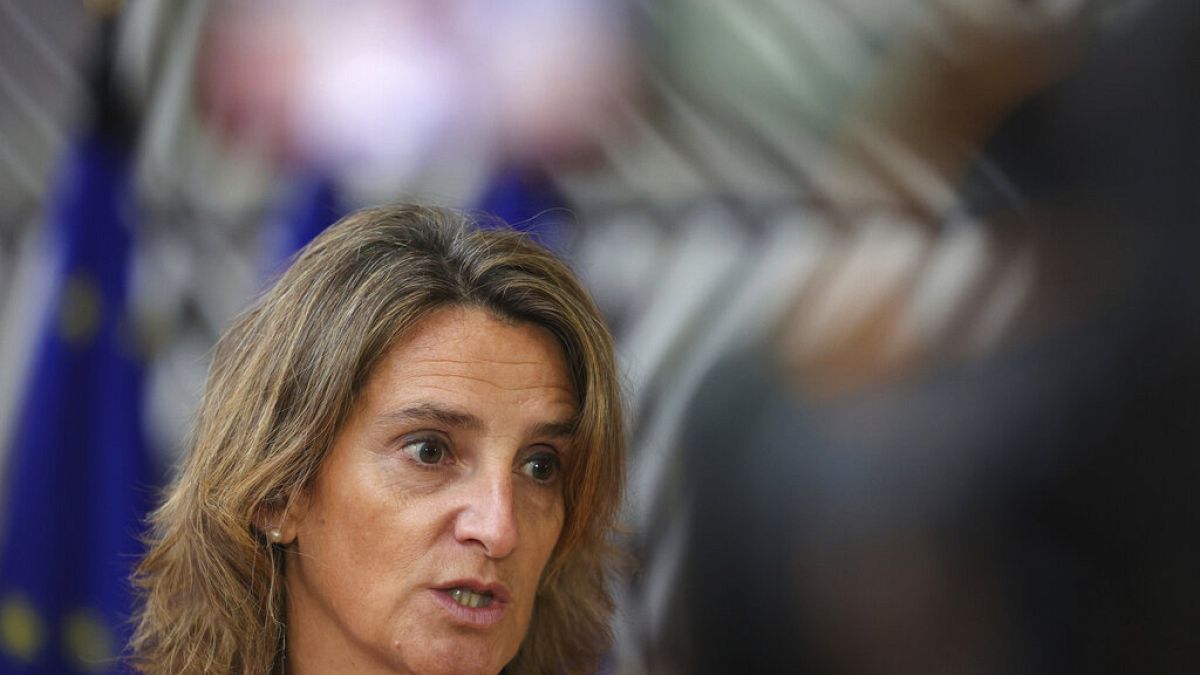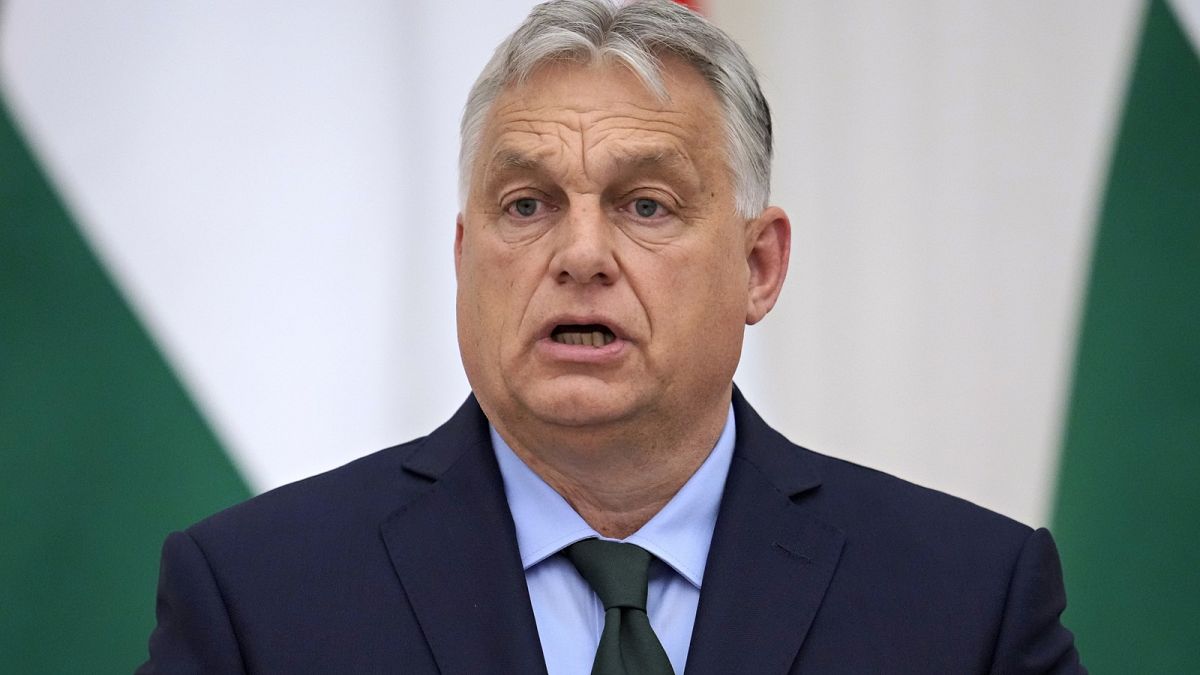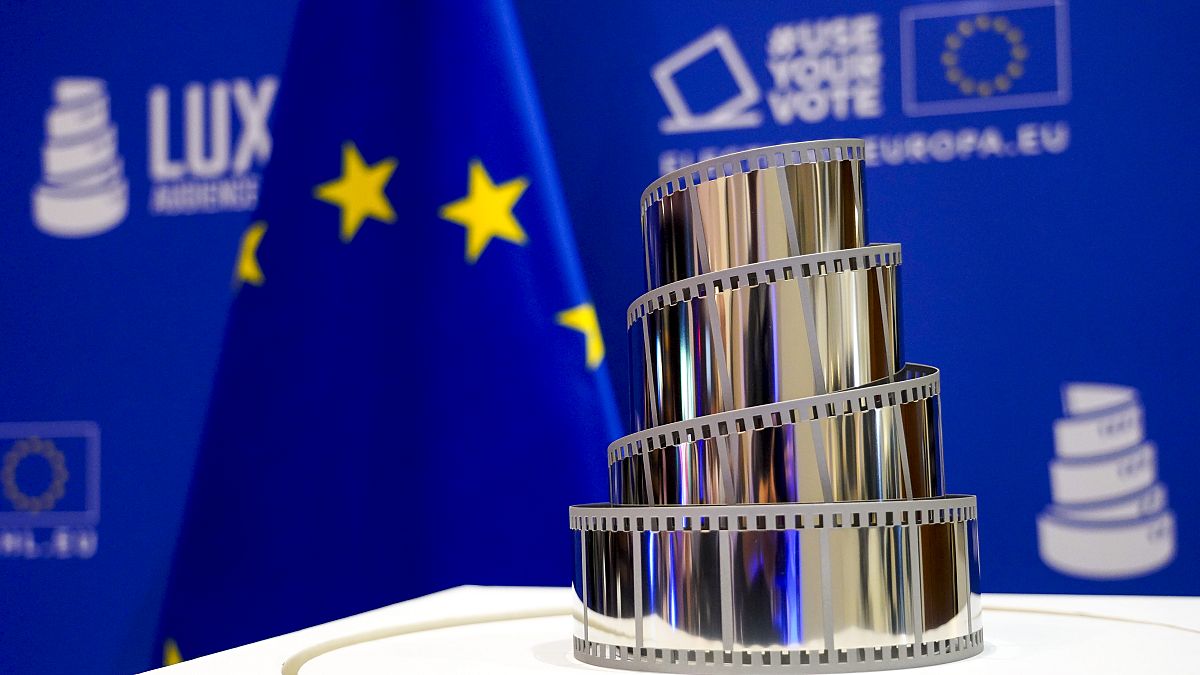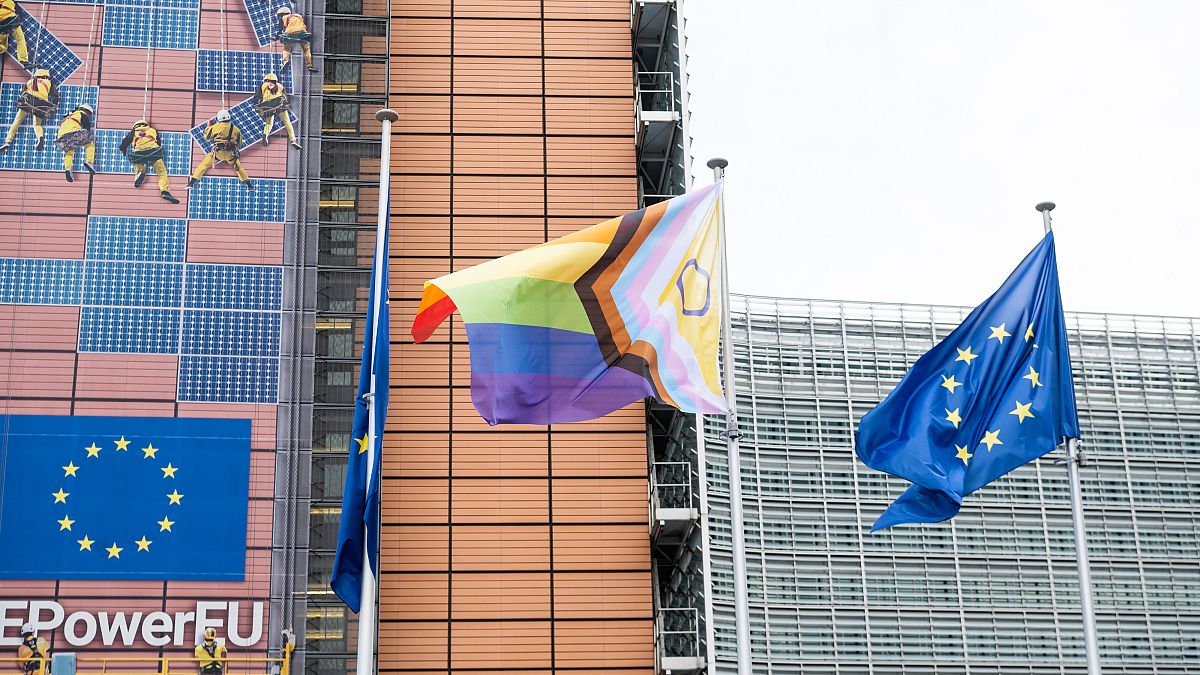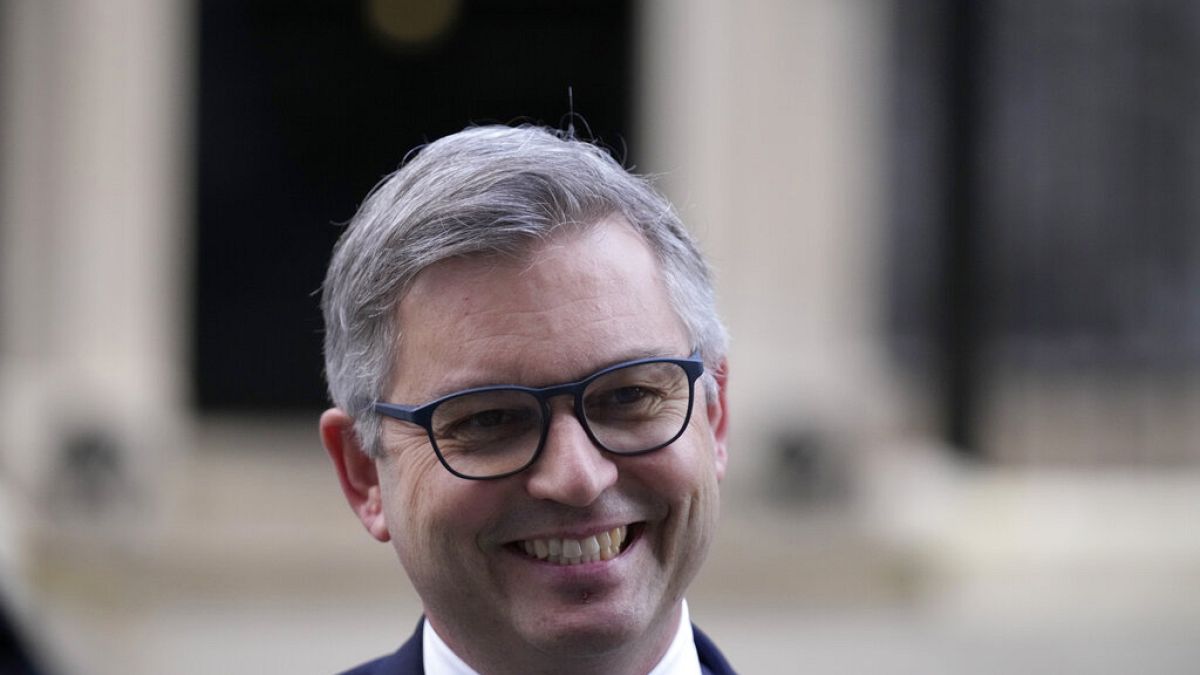The four-party coalition in the Netherlands, led by Prime Minister Dick Schoof, has promised to build up the “strictest asylum regime ever.”
The new Dutch government has fulfilled its promise and submitted a request to the European Commission to secure an opt-out clause from the EU’s migration and asylum system, an unprecedented move from a founding member state.
“I have just informed the European Commission that I want a migration opt-out within Europe for the Netherlands,” Marjolein Faber, the Dutch minister for asylum and migration, said on Wednesday morning.
“We need to be in charge of our own asylum policy again!”
Faber belongs to the Party for Freedom (PVV), the far-right, ultra-nationalist party led by Geert Wilders, who is the main force behind the new ruling coalition.
The opt-out plan, previewed in July and confirmed last week, is considered far-fetched and symbolic, with little to no chance of succeeding as it would require re-tweaking highly sensitive legislation and could open the floodgates for similar demands.
In her letter to Ylva Johansson, the European Commissioner for Home Affairs, Faber admits the opt-out could only be achieved “in case of Treaty amendment,” rather than in the short term.
It is unlikely that other capitals would be willing to accommodate The Hague’s wish: excluding the Netherlands from the bloc’s migration system would inevitably cause a wave of asylum seekers towards neighbouring countries, creating a crisis scenario.
However, the request represents a new brazen attempt by an EU country to challenge established laws in a desperate quest to curb irregular migration. It comes on the heels of Germany’s decision to re-establish border controls on all of its nine land borders, casting doubt over the functioning of the passport-free Schengen Area.
The Dutch government has indicated that “as long as” this opt-out clause is not granted, the country will focus on implementing the New Pact on Migration and Asylum, the vast reform the EU completed in May after almost four years of hard-fought negotiations.
The Pact’s main novelty is a system of “mandatory solidarity” that will give countries three options to manage asylum seekers: relocate a certain number of them, pay €20,000 for each one they reject, or finance operational support. The Netherlands will choose financial support rather than reception.
Last Friday, in anticipation of the government’s programme, the Commission made it clear that all member states are bound by existing rules and that any exemption to their compliance should be negotiated before – not after – they are approved.
“We have adopted legislation. It’s adopted. You don’t opt out of adopted legislation in the EU,” a spokesperson said on Friday. “That’s a general principle.”
In May, the Netherlands voted in favour of all the laws that make up the New Pact.
The overhaul will take two years to enter into force. Member states have to submit implementation plans before the end of the year, detailing the administrative, operational and legal steps they intend to take to make the laws a reality.
This story was updated to correct the day to Wednesday.



